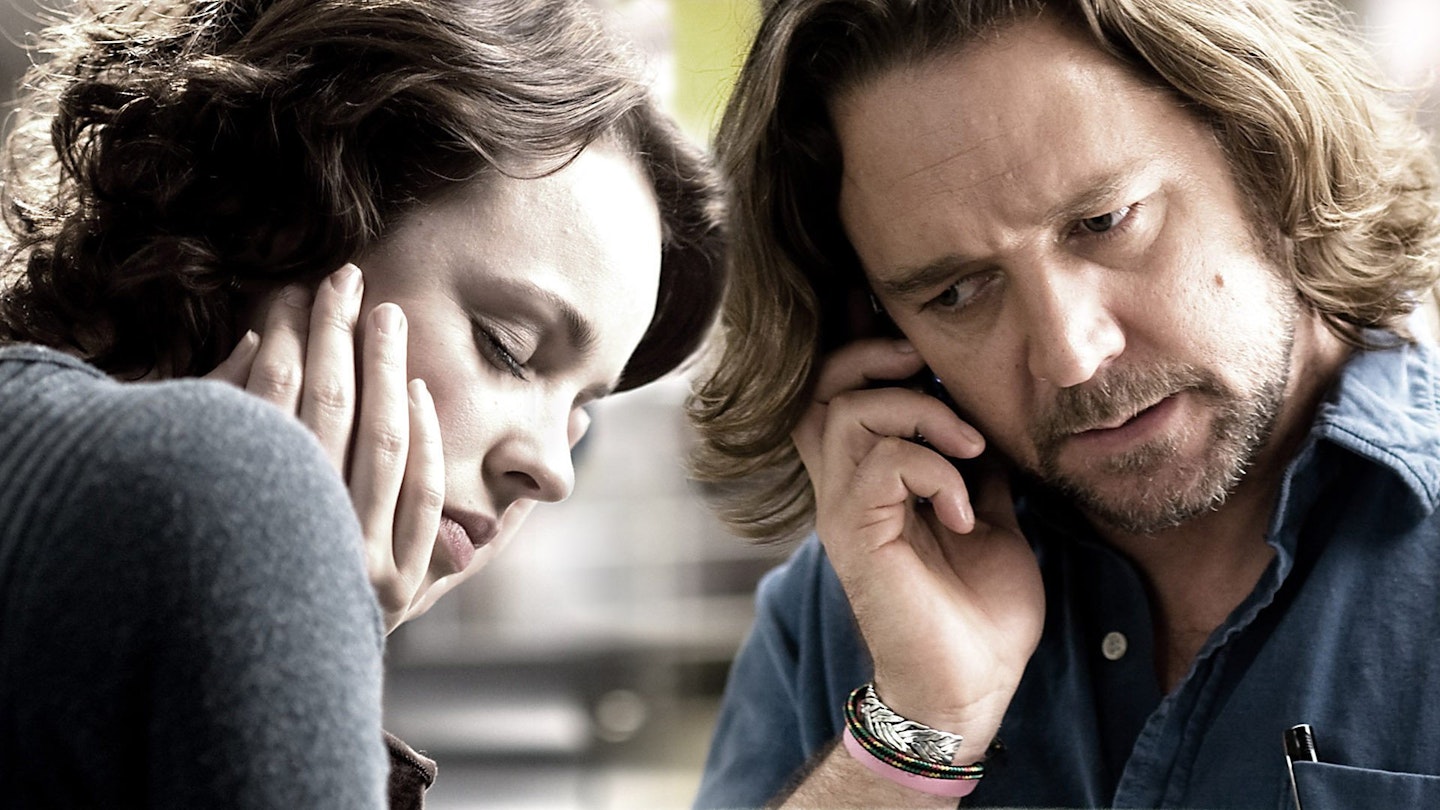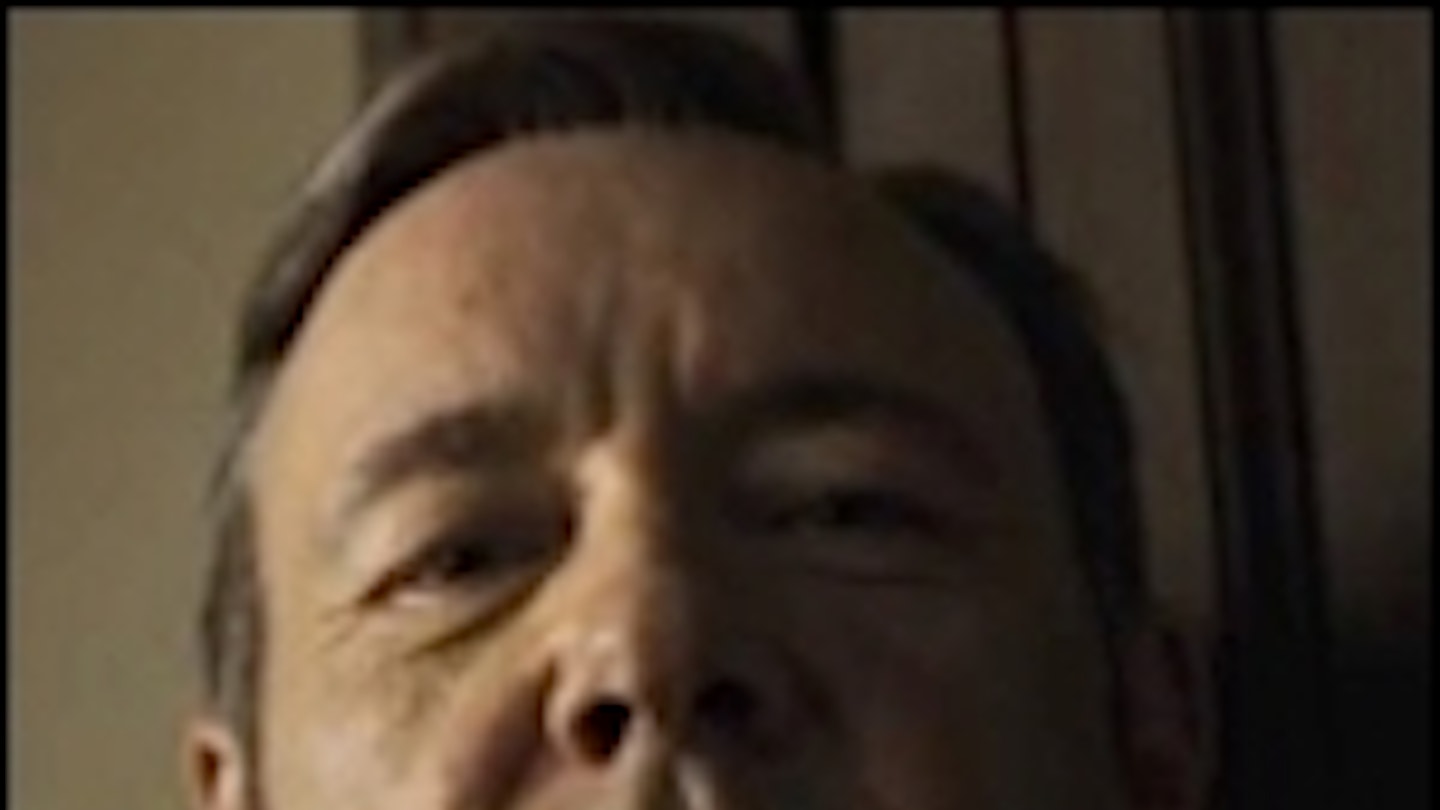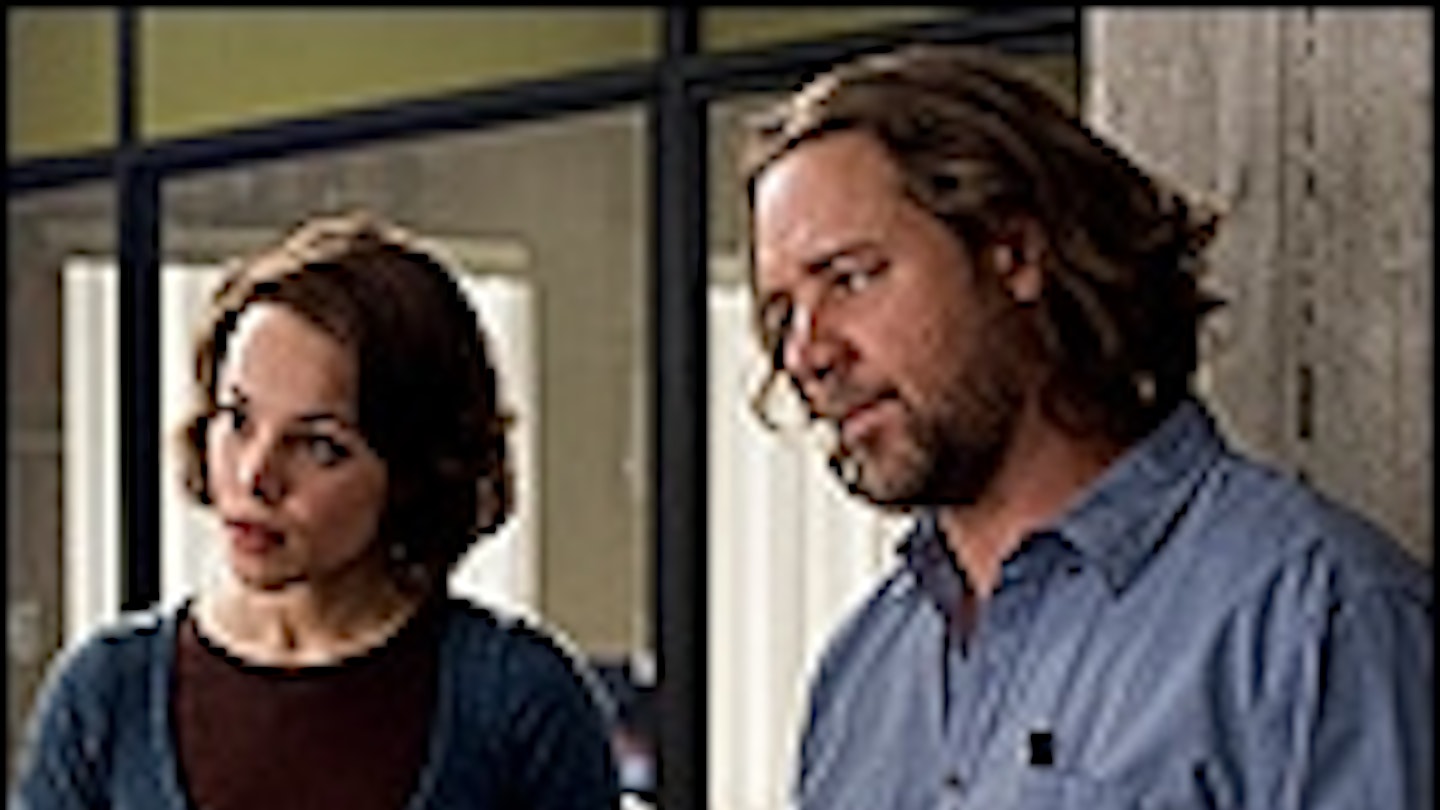Philosophical principle Ockham’s Razor states that the investigation into any phenomenon should involve as few assumptions as possible — in other words, the most likely explanation for any given mystery is the simplest one. So it’s hardly surprising that it’s a principle conveniently ignored by both conspiracy nuts and writers of political thrillers. From The Manchurian Candidate through JFK, right up to (wince) Eagle Eye, conspiracy has provided the scarlet juice that pumps through any hale, hardheaded thriller. The sense of the picture being bigger than the protagonist could ever have envisioned; the creep of encroaching paranoia as it’s realised that nobody — not even your own mother, dammit — can be trusted; the numbing, comprehension that, my God, this goes all the way to the TOP!, now where is my rug and why is my ass on the floor? It can all make for great drama.
But just a few swings of that pesky Razor will snap asunder even the most robustly entwined plot threads. Rarely do conspiracy theories withstand the cold glare of scrutiny (apart from anything else, the more people involved in something, the harder it is to keep it secret), and the same applies to most conspiracy thrillers (hell, William Of Ockham, who first posited the principle, could fray apart Eagle Eye with a spork).
Not so State Of Play. As fans of the original BBC show from which it’s been carefully adapted will know, this particular conspiracy thriller (if that is indeed the subgenre in which we should locate it) operates with one eye firmly on reality — on relationships, personal and professional — while its ears ring with the clash of agendas both between individuals and institutions. Which isn’t to say it doesn’t also have the nose to sniff out a good red herring, too. Ockham liked things simple, but even he would have agreed that things get confusing. Messy.
Rather like State Of Play’s chief protagonist, Cal McCaffrey, an affable, whisky-quaffing slob of a crime reporter who likes the slap of shoe-leather on the sidewalk and the dark smudge of newsprint on his fingertips, and whose desk at fictional rag The Washington Globe creaks beneath Seussian towers of books and paperwork. Realised by Russell Crowe, Cal comes complete with an unflattering, unruly mane and a full-on middle-age spread. And if you think Crowe’s rugged charms don’t quite fit a fourth-estate professional, consider his place in the context of State Of Play — a film in which the first shot of his workplace has the ugly words “A Mediacorp Company” being mounted beneath The Washington Globe’s proud logo on the office wall.
McCaffrey is old school, a dirty-pawed newshound to whom the D. C. ’tecs provide grudging respect. For him a good story is something to be worked over and scrubbed at until the truth shines through. As such, McCaffrey is like a frontiersman of the Old West, unwilling to accept that the frontier has gone (or at least turned digital) and it’s now the New West, where churning out copy cheaply and the concern to please shareholders rather than readers outweigh the careful craftsmanship of good, old-fashioned, dedicated reporting. As the Globe’s bolshy editor (played with acidic zest by Dame Helen Mirren) shrieks to Cal at the plot’s crux: “The *real *story is the sinking of this newspaper!” The paper’s new corporate owners are, she snaps, “interested in sales, not discretion!”
This is why Crowe — an actor at home in Westerns and historical pics — works so well in the part (indeed, he makes it hard to imagine Cal as Brad Pitt, who was originally cast), and he’s the best we’ve seen him in years. He infuses McCaffrey with a glow of confidence in his own skills, while undercutting it with palpable discomfort as he’s drawn into a situation in which his old-school professionalism places him at odds with old college buddy Stephen (Ben Affleck) — a crusading Congressman suddenly wracked by scandal — and Stephen’s wife, Anne (Robin Wright Penn). Crowe is also adept at drawing his audience into the plot’s deeper, murkier waters: at one point, Cal realises, with a gut-churning shock, that he’s just rapped on the wrong door — well, the right one — and we witness the fear switch his smooth talk to stutters. It’s an impressive moment, and a valuable reminder that Crowe’s talents run far deeper than greying his hair and putting on a bit of flab.
However, one thing is beyond even his reach: convincing us that Stephen could ever have been an old college pal. It’s not that Affleck is inherently bad in the part; he’s just too young and fresh-faced to close the eight-year gap between him and Crowe. We’re told that they go way back, we know that they’re good friends, but we never feel it when they share the screen. All we see are two strangers going through the motions. (Which, to be fair, is arguably intentional, but it hardly aids the drama of Cal’s ultimate personal/professional conflict, even if there’s more to things than first meets the eye.) It’s common knowledge that State Of Play had a rocky genesis; after director Kevin Macdonald replaced Pitt with Crowe, it turned out that the latter’s only possible start date didn’t coincide with co-star Edward Norton’s availability. Exit Norton, enter 11th-hour replacement Affleck. The sense of rush-casting, in Affleck’s case at least, is sadly unescapable, and it’s a shame that the film’s central relationship doesn’t quite gel.
Thankfully, the female cast more than compensate for this flaw, and there’s a wealth of chemistry between Crowe and his pal’s wife (a sad-eyed Wright Penn), his partner-cum-professional rival, online journalist Della Frye (Rachel McAdams), and his profane boss Cameron (Mirren). The McAdams/Crowe interplay is particularly engaging, coming refreshingly free of romantic compulsion; Frye’s sex is largely irrelevant — the point is, as an online journo she’s the rival who becomes the pupil. Cal helps her realise there’s far more to journalism than sitting in the office and blogging, a point symbolically rammed home when he first gives her one of his biros and later presents her with an entire necklace of pens.
The script has great pedigree, merging the talents of Matthew Michael Carnahan (Lions For Lambs), Billy Ray (Shattered Glass) and Tony Gilroy (the Bourne trilogy), and does a good job of condensing the Beeb series, maintaining a buzz of urgency throughout while not shying away from a bit of enjoyable Hollywood hokiness every now and again (“We got two dead bodies, one guy in a coma and us with a lead that nobody else has got,” Cal puffs to Della at one point. Hell, yeah!). And visually, State Of Play represents yet another step-up from one-time documentarian Kevin Macdonald, whose last movie was The Last King Of Scotland. In his hands, D. C. becomes a city of shadows, a place where threat lies around every corner and dark intentions brew within every building. Although, to invoke Ockham one last time, things are never quite that complex...








